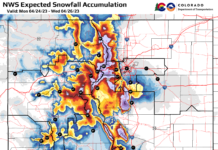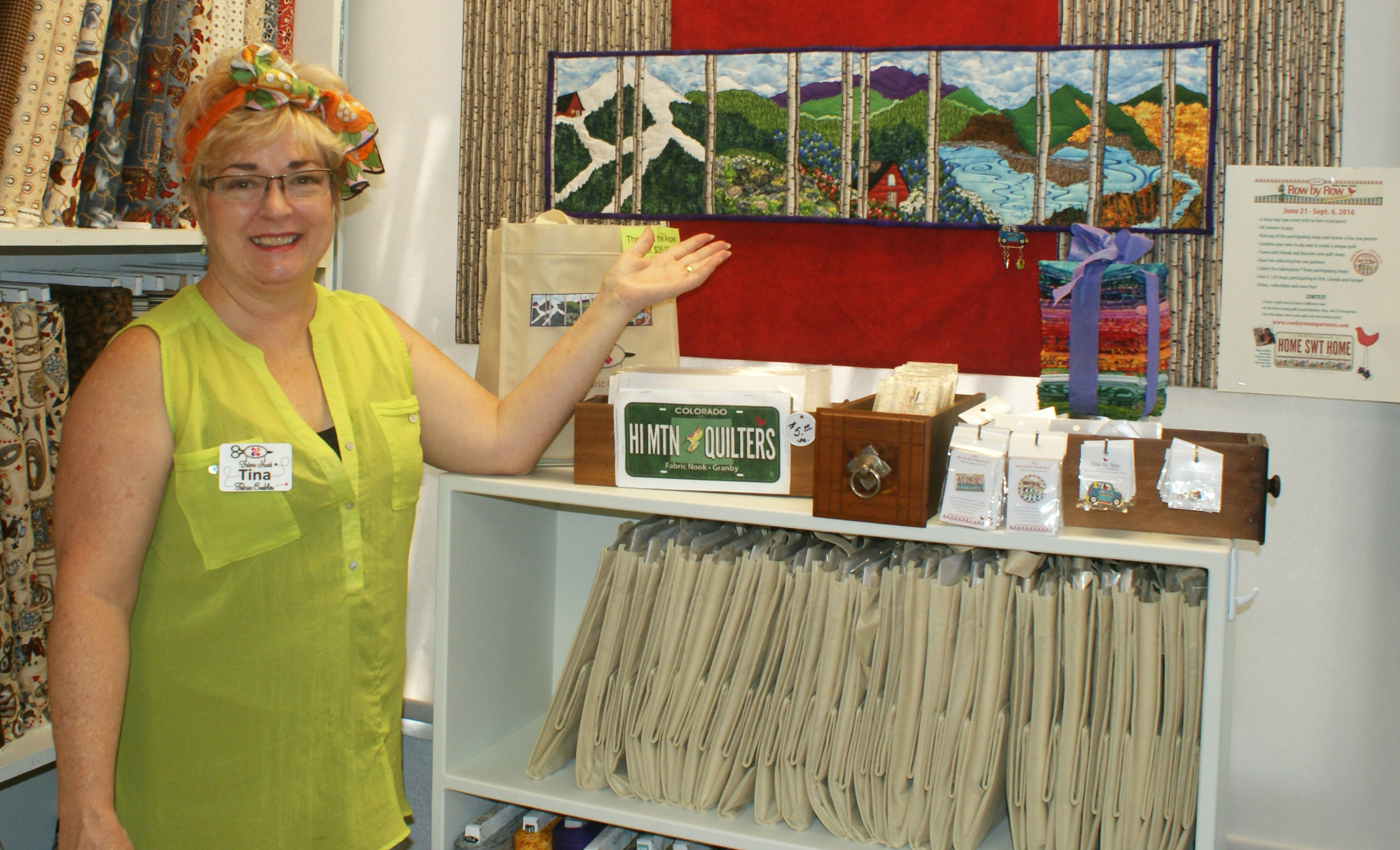by Marissa Lorenz
The Grand County Clerk and Recorder’s Office sent out mail-in ballots this week for the 2020 General Election Along with the presidential election, residents of the Town of Kremmling, will be asked to elect candidates to two other national races-
-US senator and US representative; four Colorado State offices–regent to the University of Colorado, state senator, state representative, and district attorney to the 14th Judicial District, encompassing Grand, Routt, and Moffat Counties. They will be asked to vote on four amendments to the Colorado Constitution and seven Colorado statutory propositions.
But Kremmling’s citizens will also have three local races and four local ballot measures that will also warrant their attention.
Three county wide offices are up for election. Grand County Commissioner to District 1 incumbent Rich Cimino is running against former Commissioner James Newberry and Travis Wildeboer of Grand County EMS. County Commissioner District 2 incumbent Merrit Linke is running against Shanna Ganne, Executive Director of the Grand County Historical Association. And Grand County Treasurer Teri Tanton is running against former Grand Mountain Bank President Frank Delay.
Budget stabilization prominent on ballot
Voters will be asked to decide on three related measures for the County, the Town of Kremmling, and the Kremmling Fire Protection District (KFPD) (and another one among the State amendments) concerning an issue that has been termed de Gallagherization or “budget stabilization”.
Using similar language, the local measures ask voters for consent to a “floating” mill levy for each of the taxing entities that would not increase property tax revenues but would “offest revenue reductions caused by state-imposed changes to the percentage used to determine assessed valuation,” including an anticipated shortfall caused by the State’s 1982 Gallagher Amendment.
Long-term impacts from a law originally intended to simplify the process of property assessment and provide tax relief for rapidly increasing property taxes have also included a nearly 66% decline in the residential assessment rate and a marked decline in property tax revenue, resulting in the loss of necessary monies used to fund schools, road and bridge, and other special districts, such as libraries, fire protection, recreation, water and sewer.
The Town indicates specifically that the taxes would be used to “sustain its ability to provide municipal services such as public safety, snow removal, infrastructure repairs, and general services.” And the KFPD language assures that the stabilized income would help “maintain the current level and quality of response, provide necessary protective gear and equipment, maintain the volunteer firefighter base with continual training, and expand services necessary to keep up with population growth.”
None of the measures are considered to be comprehensive solutions to a complicated issue and, if the local measures pass, residential assessment rates could still not be increased without voter approval, due to TABOR restrictions. However, without the proposed State amendment also passing, commercial property owners could see an increase in their property tax obligation as mills are raised.
Tax increase seeks to “safeguard Western Colorado water”
The final local measure asks voters to approve a 2021 tax increase that would “enable the Colorado River District to protect and safeguard Western Colorado water.”
The River District asks to increase taxes “by an amount up to $4,969,041 in 2021 (which increase amounts to approximately $1.90 in 2021 for every $100,000 in residential home value), and by such amounts as are generated annually thereafter from an additional property tax levy of 0.248 mills (for a total mill levy of 0.5 mills.)”
In exchange, the River District indicates that it will be enabled to fight to keep water on the West Slope; protect adequate water supplies for West Slope farmers and ranchers; protect sustainable drinking water supplies for West Slope communities; and protect fish, wildlife, and recreation by maintaining river levels and water quality.
Additional funds, the measure clarifies, will not be utilized for the purpose of paying to fallow irrigated agriculture. It assures that all expenditures will be reported to the public annually with a published independent financial audit.
Grand County and Colorado River water issues have been the inspiration of books and movements, with a bulk of waters from the headwater county being diverted to the Front Range to sustain the myriad water needs of a growing urban population.
The 83-year old River District has not asked for a tax increase since 2002, when it sought taxpayer support to rework and restore Colorado reservoirs with safety concerns, purchase water controlled by other entities to increase available river flows, improve irrigation ditches to reduce evaporation, and help build some smaller reservoirs.
An important project served by that tax revenue was the augmentation of Green Mountain Reservoir’s water supply which had been reduced drastically when the Bureau of Reclamation determined Front Range water users held a higher water right than Western Slope users.
Funds generated by a successful 2020 water measure would go to support productive agriculture, infrastructure, healthy rivers, watershed health and water quality, and conservation and efficiency.
Drop box use encouraged.
While mail-in ballots will be showing up in mail boxes any day now, voters are encouraged to return ballots to area drop boxes. Drop boxes are found at the CSU Extension Hall in Kremmling, the Grand County Administrative Building in Hot Sulphur Springs, the Town Halls in Granby and Grand Lake, and the Grand Park Community Recreation Center in Fraser.
All completed and signed ballots need to be returned to the County Clerk by November 3.








